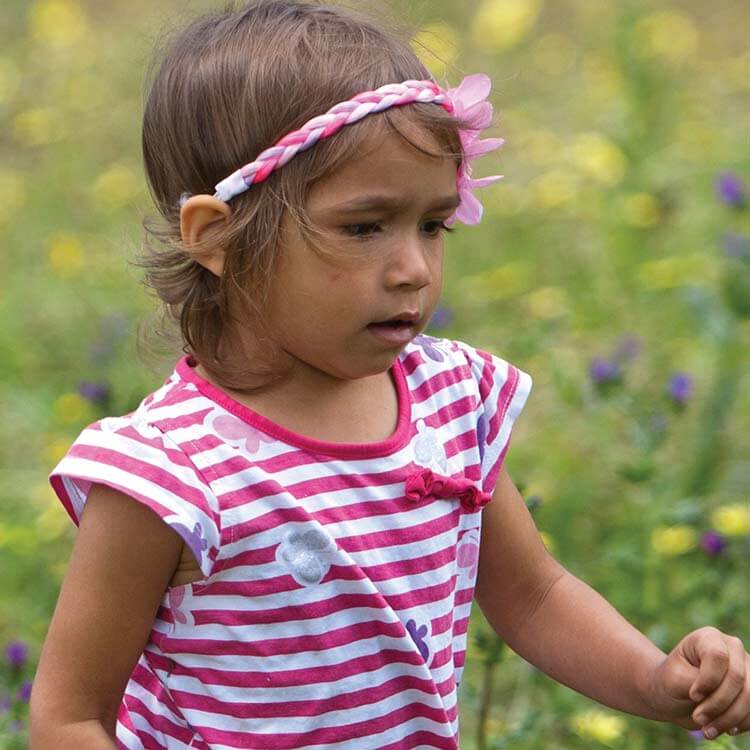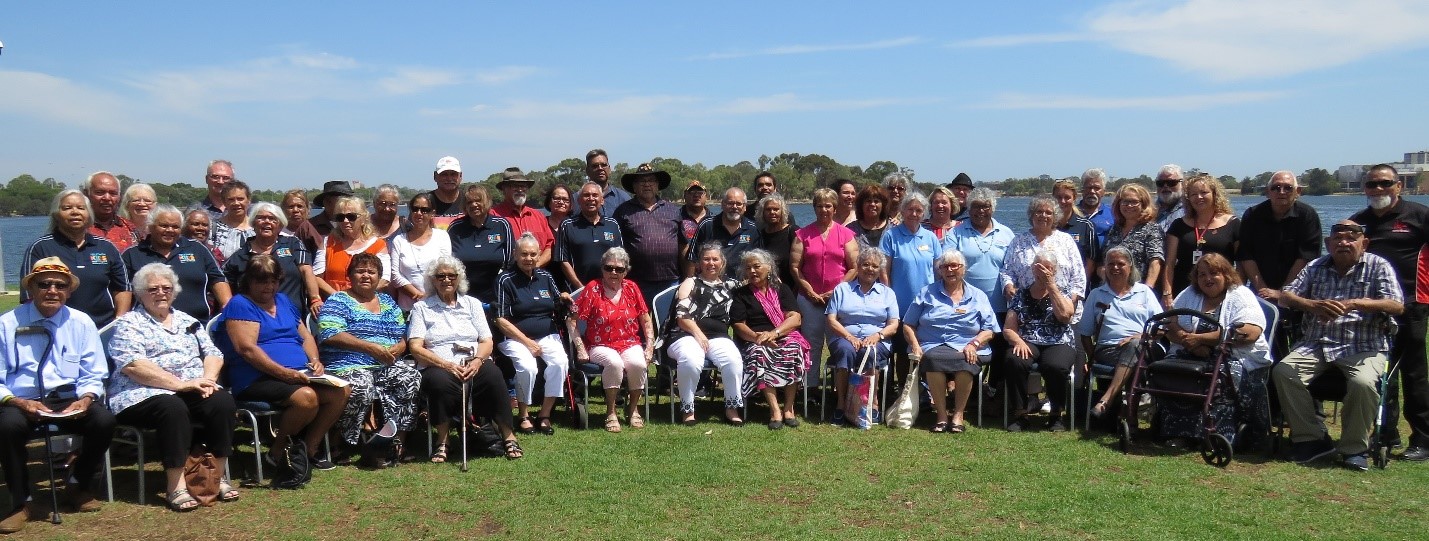Search
Research
Social Gradients in Indigenous HealthThe pattern of association between socioeconomic factors and health outcomes has primarily depicted better health for those who are higher in the social...
Research
Yarning about yarning as a legitimate method in Indigenous ResearchThis article demonstrates the credibility and rigor of yarning, an Indigenous cultural form of conversation, through its use as a data gathering tool
Research
Aboriginal practitioners speak out: contextualising child protection interventionsThis paper reports on how the summit was designed and on some of the ideas and concerns that emerged within this dialogical space of cooperative inquiry.

The Aboriginal Health and Wellbeing Team follows an holistic definition of Aboriginal Health which means that health is not just the physical wellbeing of an individual but includes the social, emotional and cultural wellbeing of the whole community.

The fifth Big Elders meeting/gathering was held on the Wednesday, 28th of February 2024 at Burswood on Swan.
This research project was part of the broader Ngulluk Koolunga Ngulluk Koort (Our Children, Our Heart) five-year (2016 to 2020) project.

The third Big Elders meeting/gathering was held on the 26th of February 2019 at Burswood on Swan.
Research
An investigation of parental mental health among the Aboriginal population in Western Australia, and its impact on children’s outcomesCarrington Fiona Shepherd Stanley PhD FAA FASSA MSc MD FFPHM FAFPHM FRACP FRANZCOG HonDSc HonDUniv HonFRACGP HonMD HonFRCPCH HonLLB (honoris causa)
Research
Indigenous young people's resilience and wellbeingCarrington Shepherd PhD Honorary Research Associate Honorary Research Associate Areas of research expertise: Population health; Aboriginal and Torres
Research
A Research Translation, Implementation and Impact Strategy for the Australian Healthy Environments and Lives (HEAL) Research NetworkHealthy Environments And Lives (HEAL) is the Australian national research network established to support improvements to health, the Australian health system, and the environment in response to the unfolding climate crisis. The HEAL Network comprises researchers, community members and organisations, policymakers, practitioners, service providers, and other stakeholders from diverse backgrounds and sectors.
